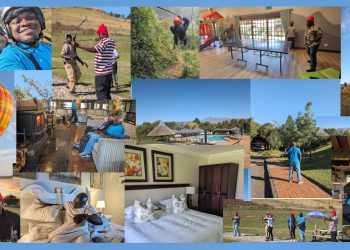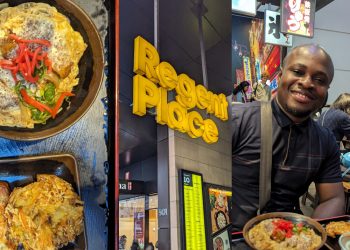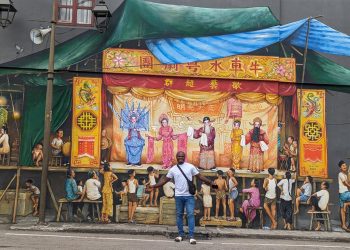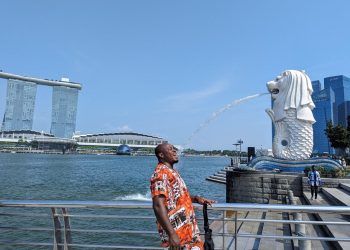Once upon a time a brutal territorial war was fought between the indigenous people of South Africa referred to as Boers and the British army who had been sent to the southern African territory to conquer the land and make it a British colony.
The war took the lives of thousands of soldiers and occurred several times between 1880 and the roughly 1902 until the indigenous people (Boers) conceded defeat and reluctantly accepted indirect British rule over their lands. While the British may have won the last war, the Boers were victorious in most of the previous wars and managed to keep their independence until 1902.
Many historians regard the war as one of the most brutal wars in the era of civilisation, estimated to have taken more than 75,000 lives, including 22000 British soldiers and over 30,000 Boers including children and women.
With the war being over, apartheid a thing of the past, the state of South Africa decided to establish a museum solely dedicated to the Anglo Boers War of the 19th century. It was this idea that led to the creation and establishment of the iconic Anglo-Boers War Museum in Bloemfontein, South Africa.
The Museum offers tourists and visitors an opportunity to get up close with some of the historical artefacts such as weapons, shackles, and other tool that were used by soldiers on both sides during the infamous wars.
More importantly, Anglo Boer War Museum serves as a learning centre where people can visit and learn more about the Anglo-Boer war, understanding what brought about the war and why it had to take so many lives to come to an end.
While it is a museum and mainly visited by tourists, it has also become an academic centre where historians and academicians go to carry out further research regarding the Anglo-Boer wars.
For the lovers of history, this museum offers an ideal opportunity to learn and increase your knowledge base, this time on one of the most famous wars fought in the history of man in the era of civilisation.
Still have some travel questions? Ask in our Travel WhatsApp Group.







